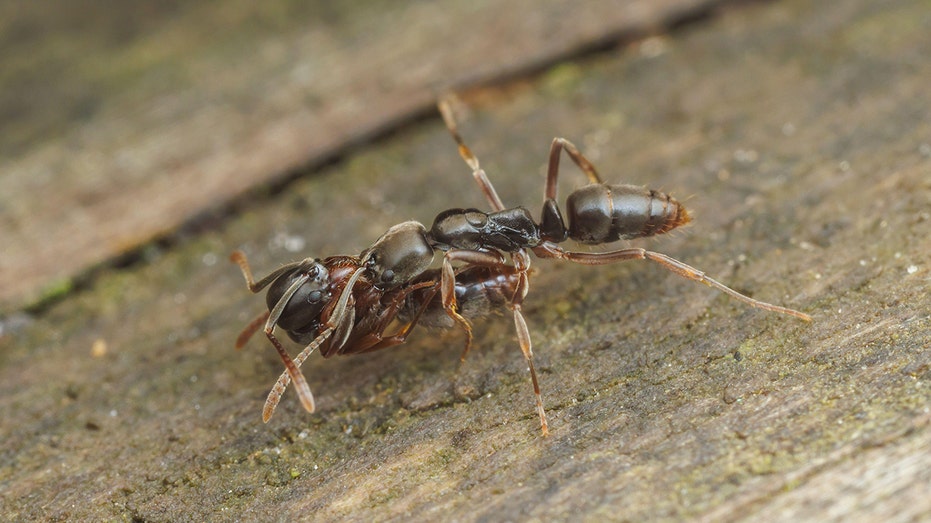Invasive Asian Needle Ant Threatens Health and Forests Across 19 U.S. States

Sarah Johnson
May 19, 2025
Brief
The invasive Asian needle ant, spreading across 19 U.S. states, poses health risks with painful stings and threatens native ecosystems.
A tiny invader from Asia, the Asian needle ant, is causing big trouble across 19 U.S. states, delivering stings that have landed people in hospitals and disrupting ecosystems. Originally hitching a ride to America in the 1930s, this ant went unnoticed for decades, quietly spreading from the Southeast to as far as Washington state.
Dan Suiter, a Georgia-based entomologist, describes the ant as a 'hidden critter' lurking in leaf litter and shaded forests. Its sting, which sent three people into anaphylactic shock last year, is no small matter. 'The pain comes and goes, sometimes returning days later,' Suiter notes, adding that emergency rooms may be seeing more cases than reported, misdiagnosed as mystery ailments.
Unlike your typical trail-following ants, this solitary predator roams alone, nesting under logs or mulch near homes. Its invasion threatens native ant species, which are vital for seed dispersal, and could stunt the growth of native plants in American forests. For those hypersensitive to stings, the risk is even higher, with experts urging anyone stung to collect the ant for medical identification.
If you spot a lone ant wandering aimlessly in your yard, don’t ignore it—it might be this invasive pest. Contact your local county extension agent to confirm and take action.
Topics
Editor's Comments
Here’s a stinging truth: the Asian needle ant is the uninvited guest that crashes your picnic and sends you to the ER. Why did it cross the ocean? To remind us that even tiny pests can throw a forest out of whack and make doctors scratch their heads. Next time you see a lone ant looking lost, don’t offer directions—call an expert!
Like this article? Share it with your friends!
If you find this article interesting, feel free to share it with your friends!
Thank you for your support! Sharing is the greatest encouragement for us.



